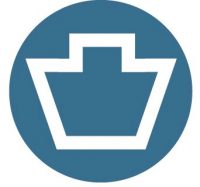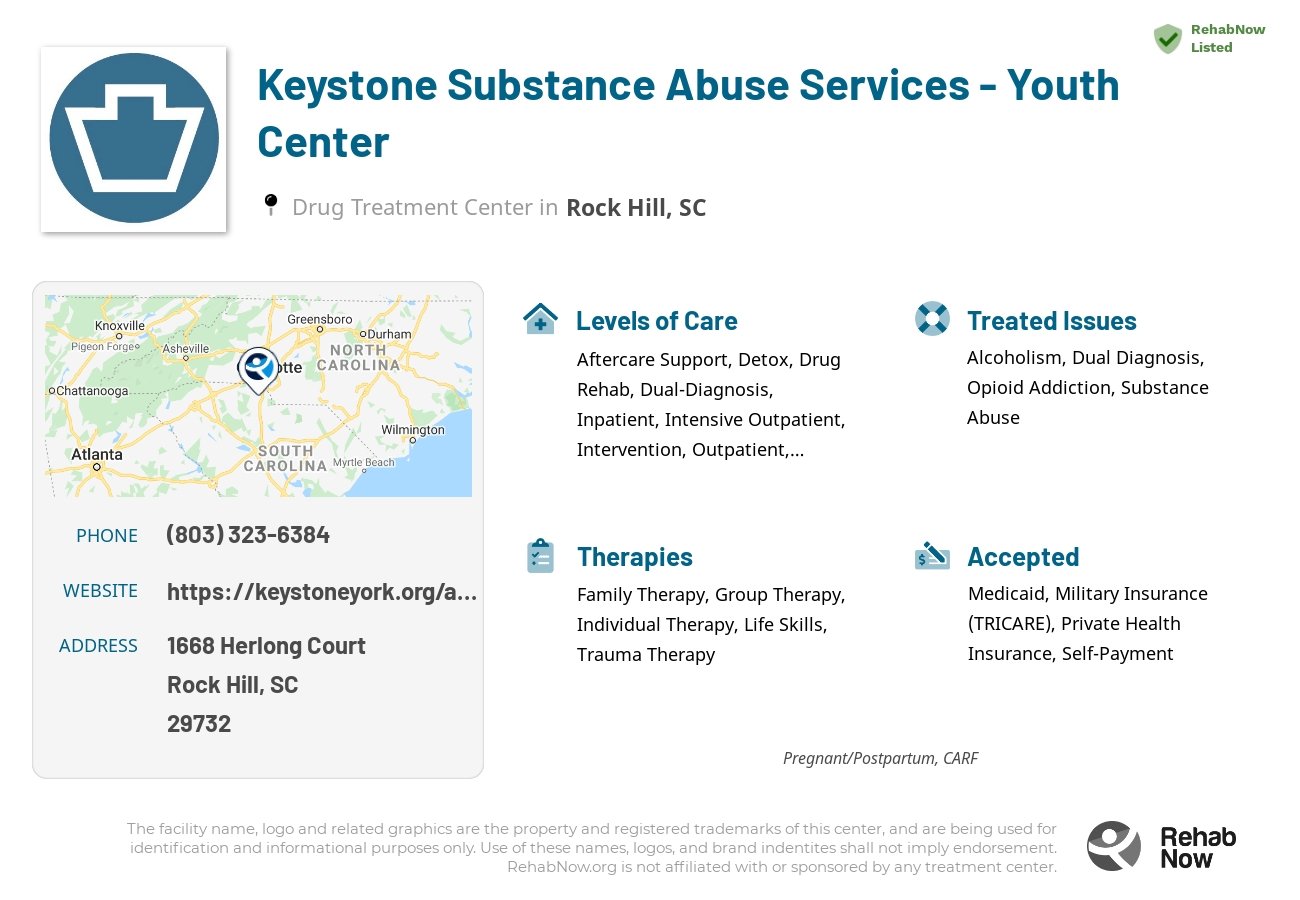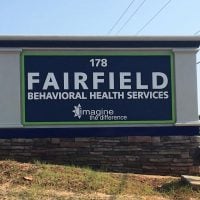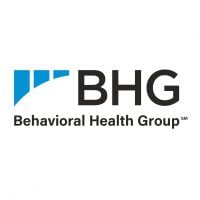Keystone Substance Abuse Services - Youth Center
Drug Rehab Center in Rock Hill, South Carolina
Keystone Substance Abuse Services - Youth Center is an accredited addiction treatment facility located in Rock Hill, SC that offers recovery services for those struggling with various forms of substance abuse, including alcohol, opioids, dual diagnosis, and drugs.
About Keystone Substance Abuse Services - Youth Center in South Carolina
Keystone Substance Abuse Services - Youth Center in Rock Hill, South Carolina, stands out by offering nationally accredited and licensed services designed to cater to individuals, families, and groups dealing with alcohol or drug-related issues. Its unique approach includes education, prevention, and both outpatient and inpatient treatment, making it a beacon of hope for the community.
Accredited by the Commission on Accreditation of Rehabilitation Facilities (CARF), Keystone makes quality care for substance use disorders accessible. With a variety of intensities in their programs, they ensure that each person receives tailored treatment to manage and overcome their substance use disorder effectively.
- Keystone provides both outpatient and inpatient care to meet varying needs and stages of recovery.
- Educational programs at Keystone aim to prevent substance abuse by raising awareness in the community.
- Their treatment services are backed by CARF accreditation, emphasizing their commitment to high standards of care.
Keystone Substance Abuse Services - Youth Center addresses addictions to alcohol, opioids, and other drugs, incorporating dual-diagnosis treatment for those facing concurrent mental health issues. Treatment methods include detoxification, rehabilitation, and both intensive outpatient and residential care, offering a comprehensive path to recovery.
Genders
Ages
Modality
Additional
Accreditations

CARF
The Commission on Accreditation of Rehabilitation Facilities (CARF) is a non-profit organization that specifically accredits rehab organizations. Founded in 1966, CARF's, mission is to help service providers like rehab facilities maintain high standards of care.
Conditions and Issues Treated
A combination of treatments is often needed to treat drug abuse. Some addictions can be treated with counseling and support groups. In other cases, drug abuse can lead to a medical problem and require medical treatment. Treatment for drug addiction typically combines counseling and psychotherapy with medication and behavioral therapies.
A combination of treatments is often needed to treat drug abuse issues effectively. In the case of drug abuse, there is no easy answer or one-size-fits-all cure.
Opioid addiction has become a significant health problem in the United States. In 2015, there were 91 opioid overdose-related deaths per day, with a substantial increase in mortality rate in 2014.
When opioid addiction has reached a point where a person’s life becomes unmanageable, treatment options are available to help them get sober. Treatment that includes medical care with medications and counseling can help a user transition into sobriety.
When someone in struggles with both addiction and mental or emotional illness, this is considered a dual diagnosis. Dual diagnosis treatment can include therapy for these issues to happen simultaneously, which will allow either of them to be treated effectively.
Sometimes people who have suffered from addiction disorder also suffer from co-occurring disorders such as depression, anxiety, bipolar disorder, etc., making them “dual diagnoses.” Dual diagnoses require specialized treatment programs where drug and alcohol addiction are addressed along with psychiatric illnesses. Some rehabilitation facilities provide patients suffering from cooccurrences a program with highly integrated services and a clean environment with few distractions to help them succeed.
Levels of Care Offered
This center offers a variety of custom treatment tailored to individual recovery. Currently available are Aftercare Support, Detox, Drug Rehab, Dual-Diagnosis, Inpatient, Intensive Outpatient, Intervention, Outpatient, Residential, with additional therapies available as listed below.
One of the first things an addict should do when entering treatment is to abstain from using illicit drugs completely. Depending on the length of time that the person has been using, the addict may have to go through alcohol or drug withdrawal. Fortunately, detox doesn’t have to be done alone, and withdrawal symptoms can be managed medically in an inpatient or outpatient setting. While detox may be uncomfortable, it is not life-threatening. Detoxification allows the addict to rid the body of all traces of drugs or alcohol and gives the addict a clean slate for their recovery.
Inpatient treatment for alcoholism or drug addiction is an option that provides the addict with a supportive environment in which they can stop using. After detox, an inpatient treatment center provides a structured environment for the addict to recover from their addiction and begin taking steps toward a lifetime of sobriety.
This type of treatment is appropriate for addicts that are most in need of intensive care and supervision. This includes those who were unable to quit on their own, those who need more structure than they can get in outpatient treatment, and those whose addiction has led them into legal trouble or severe health problems.
The Intensive Outpatient Program offered by Keystone Substance Abuse Services - Youth Center is designed for those who need intensive care but would rather get it in the comfort of their own home. The treatment programs vary in duration and intensity and can be tailored to suit the patient’s needs. The program includes regular visits to the facility, though the overnight stay is not needed. IOP is suitable for patients who have been treated in residential treatment programs and are in the transition phase. It helps the patient live at home and discharge some work or school responsibilities even while undergoing treatment. The patients gradually get back to their routine life with the support of a friend or family member.
Outpatient treatment is often used for drug addicts in drug rehab. Outpatient treatment consists of counseling and therapy sessions. This form of treatment is also called ‘day-treatment’. The outpatient treatment process begins with the addict’s initial detox period, lasting about ten days.
Outpatient treatment is used for those who are at moderate risk for ‘slipping back’ into the addiction, for those who:
- Are not currently experiencing any side effects from withdrawal and can handle social pressure
- Can handle stressors that might trigger relapse
- Have a stable living environment or have moved out of their previous environment, which was not conducive to being sober
- Have a support system that allows them to go to a facility a few times a week while still keeping their current responsibilities
- Have no legal obligations, being either on parole or probation, that require them to seek treatment at a mandatory facility
- Are not currently experiencing any side effects from withdrawal and can handle social pressure
- Have a stable living environment or have moved out of their previous environment, which was not conducive to being sober
Residential treatment programs are those that offer housing and meals in addition to substance abuse treatment. Rehab facilities that offer residential treatment allow patients to focus solely on recovery, in an environment totally separate from their lives. Some rehab centers specialize in short-term residential treatment (a few days to a week or two), while others solely provide treatment on a long-term basis (several weeks to months). Some offer both, and tailor treatment to the patient’s individual requirements.
Intervention Programs can be beneficial for those who are not prepared to engage in a recovery program. The individual’s friends and family will call and set up an intervention in or near Rock Hill, and at which a specialist will come and lead the discussion. Interventions help family members motivate those affected to seek external support.
People involved in substance abuse usually deny the harmful effects of their changed behavior. They believe they can overcome addiction alone. This, however, can be difficult without external help. Intervention services deploy professionals to help organize meetings between individuals and family members. Family members converse openly with the affected individual and express concern for them. They explain different treatment options and persuade the individual to act immediately.
Completing a drug or alcohol rehab program is only the first step. Then comes aftercare support. These services include sober living accommodations, career counseling, and AA/NA programs for those struggling with sobriety or who want help maintaining it after initial rehab at an addiction facility.
They can last up to a year or more depending on what’s needed most urgently after the earlier stages are completed.
Therapies & Programs
Because no single treatment is effective for all addicts, the goal of treatment and therapy should be to figure out what works best for each individual. Tolerance and withdrawal levels differ from person to person, affecting the treatment intensity required. Addiction treatment should aim to help addicts develop healthy coping mechanisms for dealing with their addiction and its underlying causes.
Family therapy is beneficial for people who are in addiction treatment services because it offers addicts the opportunity to work with their family members to better understand what led them to make choices that contributed to their addiction.
This type of therapy helps family members reach a deeper understanding of how they can best support their loved one during recovery. It also helps the addict better understand their own motivations and triggers that led them to turn to substance abuse.
Family therapy can help addicts in the following ways:
- Assists family members in processing difficult feelings so they don’t blame or resent recovering addicts
- Assists family members in understanding how addiction has impacted the addict and everyone who is involved with them
- Allows the addict to take responsibility for their actions, while encouraging improved communication skills
- Helps family members understand how to best support an individual in recovery so addicts don’t relapse again.
Group therapy can help build a stronger support system and give addicts in Rock Hill, SC insight into their addiction that they gain through shared conversations. Group therapy occurs in a controlled group environment, exclusive of one on one meetings. This makes it safer for patients to feel comfortable sharing the struggles they’re going through and gaining perspective.
Trauma therapy is beneficial for people who are recovering from drug addiction because it helps them heal from past traumas that may have caused them to turn to harmful substances or led them to experience negative emotions that contributed to their destructive behaviors.
This type of treatment works by processing difficult experiences so individuals can learn how to process these events without having to turn to substances for coping.
Trauma therapy can help addicts in the following ways:
- Helps individuals understand their experiences and emotional responses to difficult events, including why they turned to drugs or alcohol
- Provides them with comfort and support while working through difficult emotions related to these traumatic experiences
- Offers an opportunity for addicts to have a voice and be heard, which can improve their self-esteem
- Can help them develop coping skills so they can better respond to triggers instead of turning to substance abuse.
Life Skills Services assist addicts in their recovery by teaching them healthy coping mechanisms that will aid them in becoming sober, focussing on helping people enter into, and maintaining long-term sobriety. Drug Treatment Centers provide Life Skills Services at varying levels of intensity, specific to the needs and requirements of each patient.
The benefits of Life Skills Services offered at Keystone Substance Abuse Services - Youth Center:
- Restores hope and empowerment — Helps addicts believe that recovery is possible and instills a new confidence in their ability to achieve a positive, drug-free future
- Enhances family involvement — Encourages families to get involved in the recovery process and supports their understanding and encouragement of healthy behavior.
- Increases patient’s compliance — Helps patients take responsibility for and ownership of their recovery and encourages continued progress
- Reduces relapse rates — Encourages long-term abstinence and emphasizes the importance of establishing sober support systems.
Payment Options Accepted
For specific insurance or payment methods please contact us.
Is your insurance accepted?
Ask an expert, call (888) 674-0062
Keystone Substance Abuse Services Associated Centers
Discover treatment facilities under the same provider.
Learn More About Keystone Substance Abuse Services Centers
Additional Details
Specifics, location, and helpful extra information.
Rock Hill, South Carolina 29732 Phone Number(803) 323-6384 Meta DetailsUpdated April 15, 2024
Staff Verified
Keystone Substance Abuse Services - Youth Center Patient Reviews
There are no reviews yet. Be the first one to write one.
Rock Hill, South Carolina Addiction Information
More than 610,000 of South Carolina residents, or a staggering 11.9% of the state population, uses illicit drugs and another 230,000 residents abuse alcohol every year. A majority of the illegal drugs used and abused are opioids. Marijuana use and underage drinking occur amongst the young residents of this state–though at a lower rate compared to the national average.
Rock Hill, South Carolina has one of the highest drug addiction and abuse rates in the entire state. The most commonly reported drugs used in the state include marijuana, heroin, cocaine, and methamphetamine. Over 1,000 admissions to rehab centers for drug and alcohol abuse in Rock Hill, South Carolina, in 2016. Some facilities in Rock Hill offer inpatient treatment, while others offer outpatient treatment.
Treatment in Nearby Cities
- Pickens, SC (93.9 mi.)
- Columbia, SC (65.9 mi.)
- Gaffney, SC (34.8 mi.)
- Denmark, SC (113.0 mi.)
- Lexington, SC (68.1 mi.)
Centers near Keystone Substance Abuse Services - Youth Center
The facility name, logo and brand are the property and registered trademarks of Keystone Substance Abuse Services - Youth Center, and are being used for identification and informational purposes only. Use of these names, logos and brands shall not imply endorsement. RehabNow.org is not affiliated with or sponsored by Keystone Substance Abuse Services - Youth Center.
